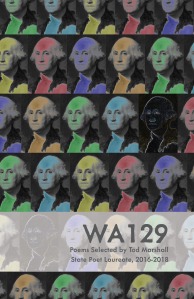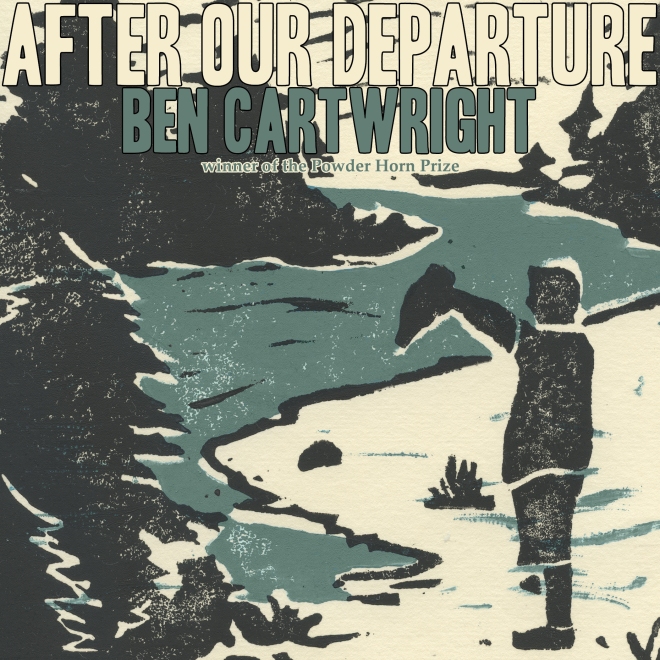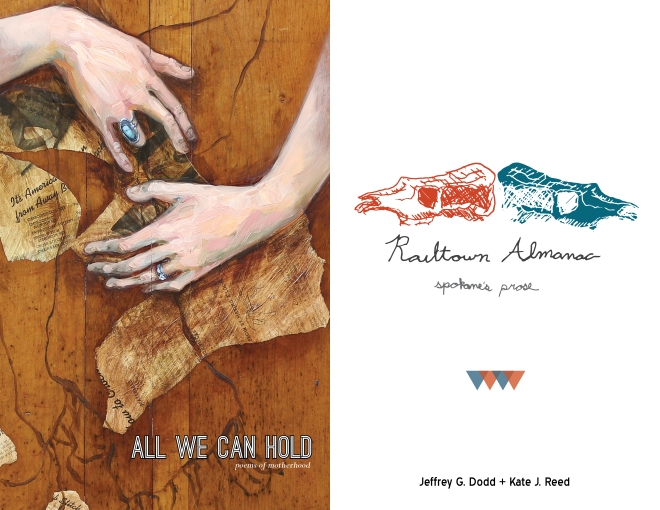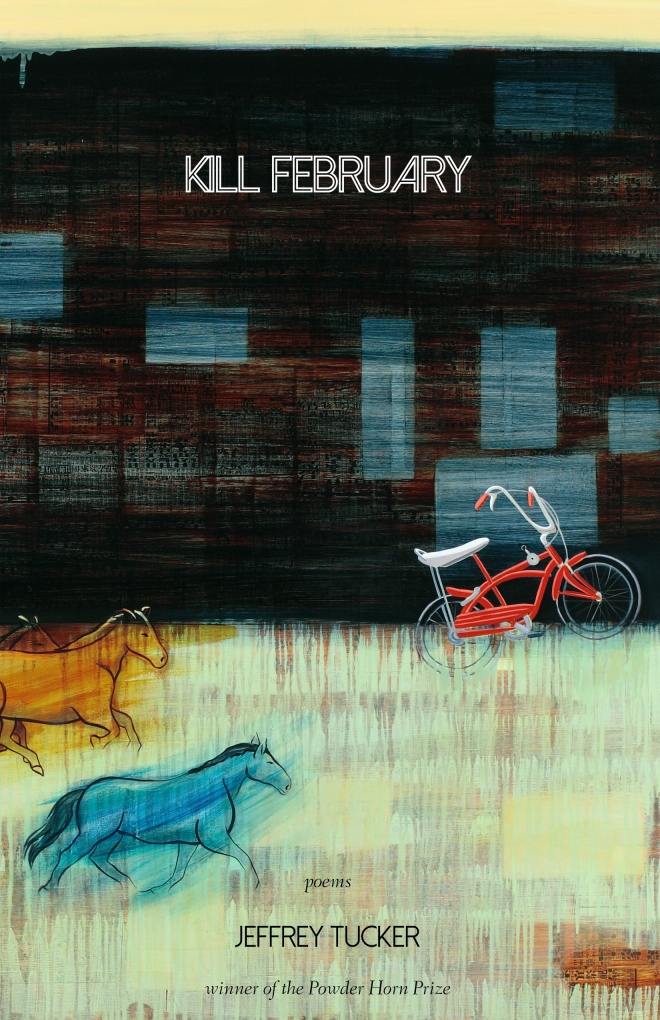This book was selected by poet Kevin Goodan. Here is his introduction to the book, which you can purchase here.
If T.S. Eliot were writing today, he might well feel that his maxim “April is the cruelest month” no longer holds sway in a world increasingly augmented by human-created climate change. He might simply, and emphatically blurt out “Kill February”, as Jeffery Tucker has so poignantly and aptly titled his new book, which I have carried with me in my own engagements with landscape and weather driving from Idaho to Cape Cod in the wake of yet another tragic storm system. More and more we are beginning to mark changes in our lives by the occurrences of significant and tragic weather events. Post-Katrina, Post-Sandy and similar post-event terms are becoming part of our lexicon and indeed part of how we govern ourselves.
And now, as I write this, the drought-stricken West is beginning to experience what will be a monumental wildfire season, given what the primary indicators predict. Just recently, archaeologists have determined that America’s oldest civilization, the Caral, met its demise some 4,000 years ago in part due to climate change, more precisely because of severe, extended droughts. Our situation has a lot of people asking “how do we survive? And “will we survive”? Certainly, in North Idaho, these questions have ushered forth a thriving survivalist mentality. I have neighbors who’ve taken me down into their newly constructed bunkers. I have seen the stockpiles of ammunition and firearms. These people are prepared for the end of times. If Homo Sapiens are to go extinct, these neighbors of mine are going to make sure it is a bloody, brutal, fought out conclusion. If they live that long. What about the rest of us?
What Jeffery Tucker’s book of poems provides us with, in the face of an increasingly volatile environment is a focus on now. How do we best live now (which is truly the only thing we are granted) even while we are observant, and in acknowledgment of the storms, the devastations that happen in seemingly quicker successions, both ecological, and personal? These moments become the locus of memory as in the opening poem “Tropical Storm Frank”:
At eight, my sister’s friend fell in the back yard.
I pulled our fleabag dog off her, and ten years later
She drove off an overpass, but it was an open-casket funeral
Anyway.
The storms often become the backdrop, the canvas, to the storms of our lives, but not always. Tucker integrates the human with the larger primal forces of the world, as in the poem “Priming”:
Two Miles
Up Chapman Avenue, the fault line widens its hillside smile
More every year. And that hill, shagged in sage
And awaiting sparks. One burn season, my father says
Flames will find gas lines and we’ll burn to the beach.
Even if it is only a matter of time, we still have now, and now includes the people we hold dear. That is the hope, Tucker assures us, even as the environment severely shapes us (and we it). Take, for instance, the moment of confronting the fear of so common an occurrence in certain parts of the country, in “Early Summer, Hattiesburg”:
An hour later, the tornado past, no trees split, no deaths,
Not a home upended, it was still with me—
Not the reedy wind or the red radar-amoeba on the phone,
But my cry: “My wife.”
Oh, that primal fear of loss echoes through these poems. I am reminded of the plaster casts of a man and woman who died in each other’s arms in the volcanic blast that buried Pompeii at lunch time on the 24th of August 79 AD. These lives have become artifacts of the moment, containing both the personal and ecological. Kill February is one of those lasting testaments to how we lived and how we cared, and how we passed on. Tucker’s voice is one that comes to us beyond the constraints of time as sharp and clear as the details on the man and woman’s plaster faces.
Tonight, as I witness the double-star moment of Venus and Jupiter for the first time in 2000 years, I consider the fleeting auguries that are being derived of it. And yet, given the evidence that Tucker so hauntingly, so bitingly provides, we must embrace our only world, our only possible lives, our now: “Paradise?” he knowingly asks. “Look around. It’s vicious out here.”


 Selected from thousands of submissions by Washington poets, state poet laureate Tod Marshall’s WA129 features the overwhelming talent of the state’s writers.
Selected from thousands of submissions by Washington poets, state poet laureate Tod Marshall’s WA129 features the overwhelming talent of the state’s writers.

